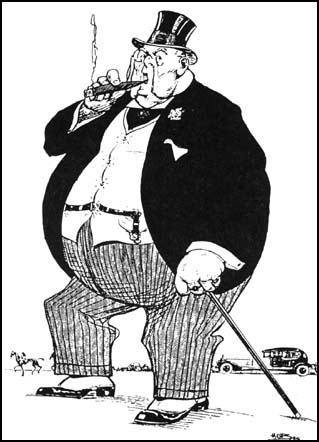
Compensation packages for chief executive officers in the U.S. have careened out of control. However, the stage is set for what could be a major correction in CEO salary as the American public and shareholders alike find more and more reasons to question the status quo. More information is the key.
In October, the Securities & Exchange Commission (SEC) is expected to release the final rules for a controversial proposal that would require every publicly traded company to disclose its CEO-to-worker pay ratio. The Dodd Frank Act charged the SEC with the responsibility to make the rule, but it has taken this long for the SEC to make any headway. During the SEC's public comment phase, 128,000 comments flooded in about the rule. It was a lightning rod for controversy as governance advocates and business interests argued the pros and cons of CEO salary disclosure.
Now that progress is on the horizon, many CEOs will have something to sweat about. The data could lead many investors to wonder whether CEOs' job performance really warrants their big paychecks, and it could also raise regular folks' ire and overall distrust for corporate America.
The skyrocketing ratio
AFL-CIO data shows that the ratio of median CEO pay to the median pay of average American workers hit 331-to-1 in 2013. When CEO pay is stacked up against minimum-wage employees' paychecks, the ratio more than doubles to an eye-popping 774-to-1.
Naturally, CEOs should be paid more than rank-and-file workers -- especially if they're truly the cream of the crop. But such a huge gulf is unacceptable, if not ludicrous. In a strictly business sense, out-of-control pay can represent a serious strategic disadvantage. Peter Drucker, widely considered the father of modern management theory, warned that when this ratio rises above 20-to-1, employee morale can deteriorate. The ripple effect of disengaged or even disgruntled employees can lead businesses to falter.
The "pay for performance" joke
Advocates for high CEO salary argue that paying "market rates" or higher lures and retains the very best talent at the top. Yet that idea is flawed not only because the policy tends to push all CEOs' pay upward, but also because, in many cases, the highest-paid CEOs aren't even the best performers.
True, some outstanding corporate leaders take home reasonable, or even modest, paychecks in return for their hard work -- usually choosing to do so themselves. But for the typical chief exec, a huge salary is a given, and across corporate America, CEO "pay for performance" is largely a joke.
Many organizations have revealed data showing that sky-high pay doesn't always add up to business or stock outperformance. Just last month, Towers Watson released some relevant findings. The consulting company analyzed 50 companies that had outperformed peers in the S&P 1500 over a 15-year time frame. It turns out these companies' executive compensation had been targeted below the median CEO salary, not above.
Keep in mind that these CEOs' realizable pay was significantly boosted beyond the median rate through stock options, and options can sometimes artificially boost pay, which is another subject of debate in the CEO salary arena. On the other hand, when options and stock-based compensation are used in the way they were originally intended -- to align CEOs' interests with shareholders' interests in order to encourage long-term outperformance -- they can reward exceptional CEOs well and enhance companies' true performance.
Shine the spotlight on pay ratios
Most CEOs are given the benefit of the doubt every step of the way toward an inflated pay package. In some cases, we could call it money for nothing. Consider that new CEOs often bag eye-popping sign-on bonuses before they show any performance at all, while goodbye packages -- even for disgraced executives -- often represent more money than regular Americans can even dream of.
Disclosing the CEO-to-worker pay ratio will give much-needed perspective to the discussion and force boards of directors and shareholders to scrutinize CEO compensation more closely. It should also lead to deeper thought about how we define performance and merit in America. Outrageous CEO salary is overdue for an overhaul, and increased awareness may be the catalyst for change.
Check back at Fool.com for more of Alyce Lomax's columns on environmental, social, and governance issues.